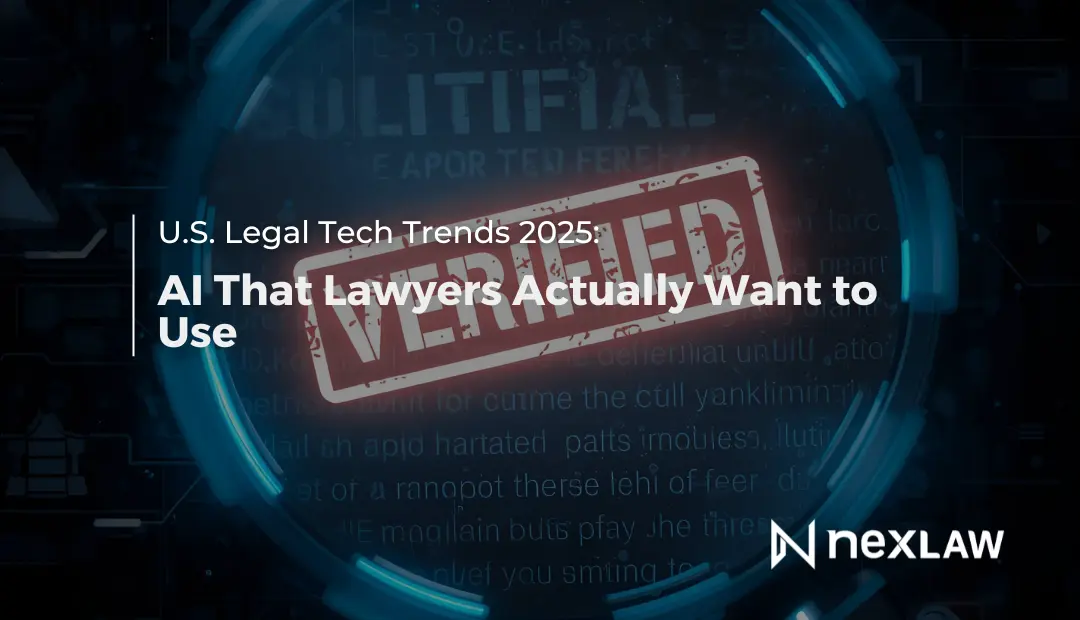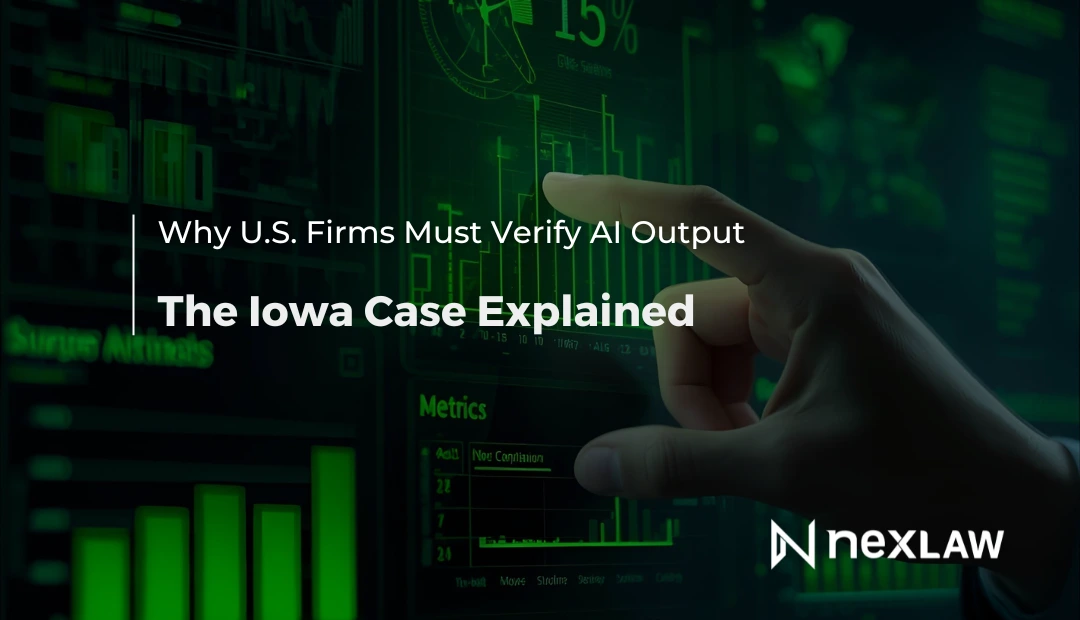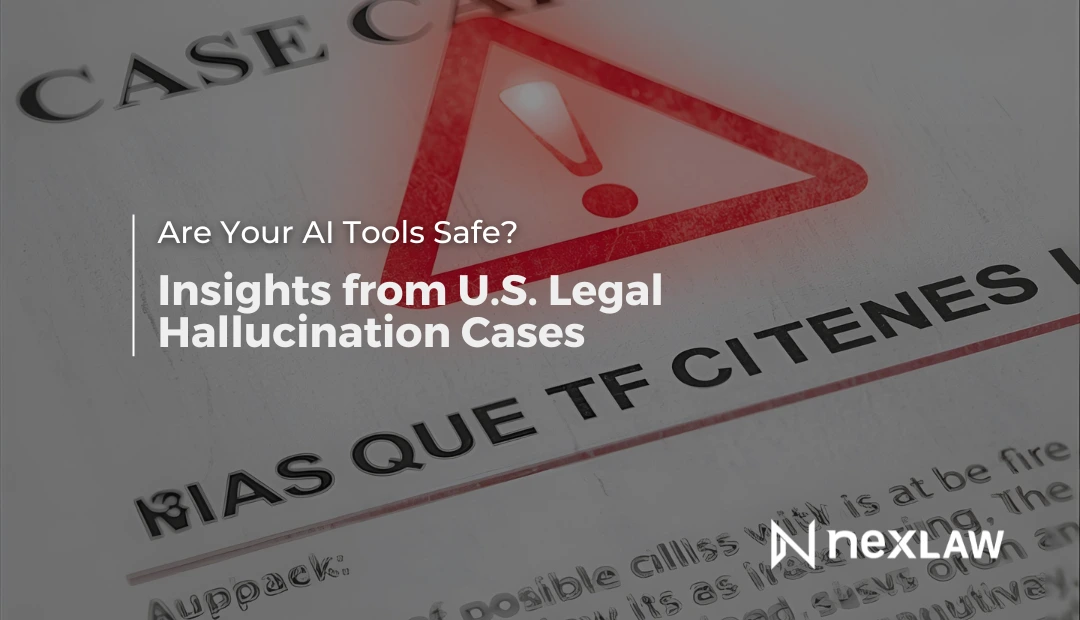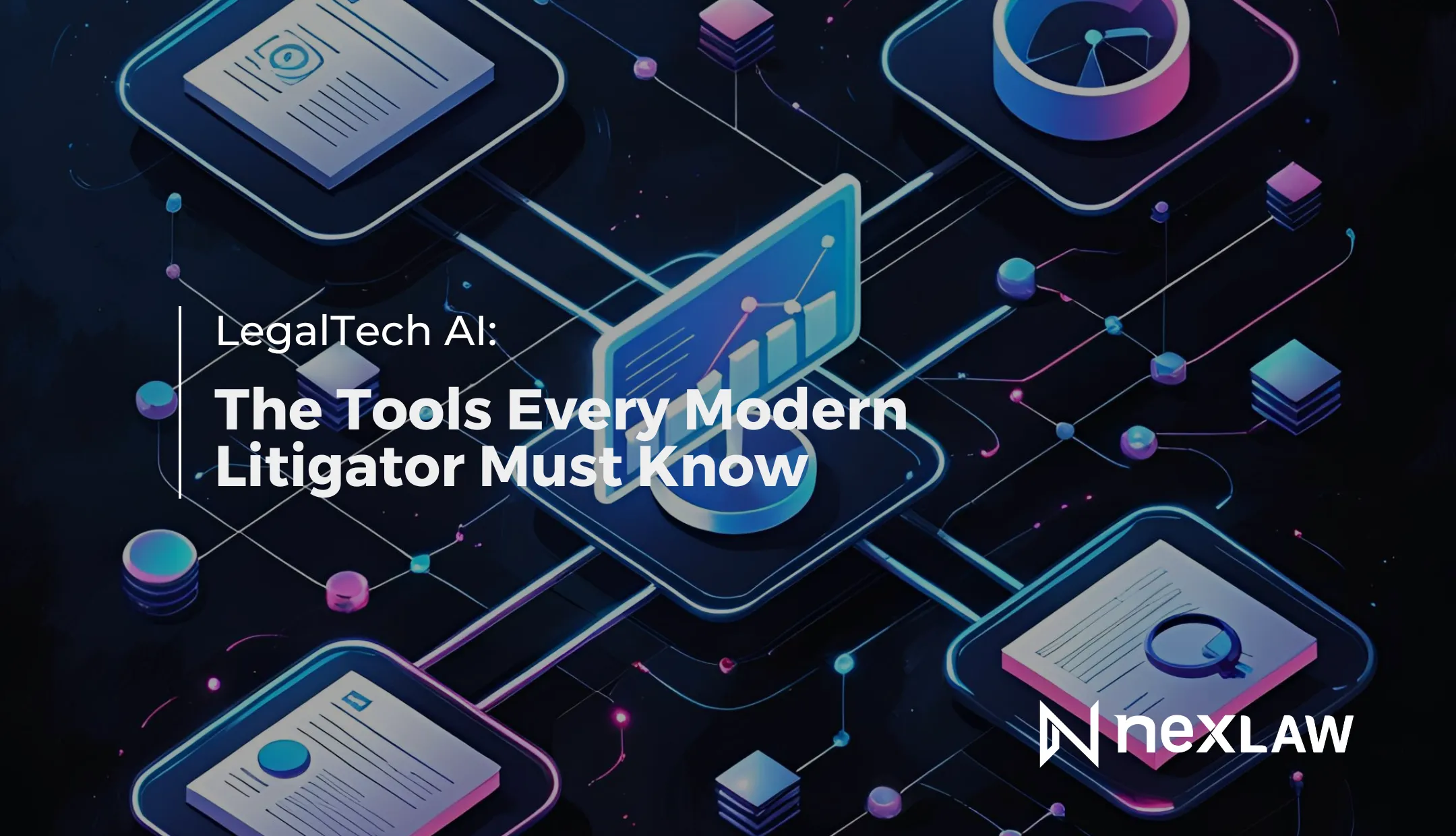Generative AI in Law: Revolutionizing the Legal Landscape
The legal industry, often perceived as traditional and slow to adopt new technologies, is currently experiencing a profound transformation. At the forefront of this change is Generative Artificial Intelligence (AI), a powerful technology capable of creating new content, from text and images to code and more. As legal professionals grapple with increasing workloads, the demand for efficiency, accuracy, and strategic insights has never been higher. This is where Generative AI steps in, redefining how legal work is done and paving the way for a more streamlined and intelligent future.
What is Generative AI?
Generative AI, powered by large language models (LLMs), learns from vast datasets to understand patterns and generate coherent, contextually relevant outputs. Unlike traditional AI that primarily analyzes existing data, generative AI can produce entirely new content, making it an invaluable asset in a profession heavily reliant on language and documentation.
Key Applications of Generative AI in Legal Practice
Generative AI is not just a theoretical concept; it’s already being implemented to automate and enhance various aspects of legal work:
-
Enhanced Legal Research and Document Review: Legal professionals spend countless hours sifting through case law, statutes, and complex documents. Generative AI tools can rapidly analyze large datasets, identify relevant precedents, summarize key information, and even classify documents by type and content. Platforms like NexLaw’s NeXa, TrialPrep and Legal Research functionalities exemplify this by providing AI-powered global legal knowledge and advanced search capabilities, drastically cutting down research time.
-
Automated Document Drafting and Review: One of the most compelling use cases for generative AI is the creation of preliminary drafts of legal documents such, as contracts, pleadings, and memos. By leveraging AI, lawyers can produce initial drafts based on predefined templates and specific requirements, allowing them to focus on customization and strategic legal advice. NexLaw’s ContractAI, which assists with reviewing and drafting contracts faster in Microsoft Word, is a prime example of this application.
-
Predictive Analytics and Litigation Strategy: Generative AI can analyze historical case outcomes, judicial decisions, and other data to provide predictive insights, helping lawyers assess the likelihood of success and tailor their litigation strategies. NexLaw’s AI Litigation features, including judge analysis, juror selection, and case analysis, offer a significant advantage in strategic planning.
-
Streamlined Client Interaction: AI-powered chatbots and virtual assistants can handle routine client inquiries, provide basic information, and facilitate communication, improving response times and freeing up lawyers for more complex client counseling.
-
Compliance Monitoring and Due Diligence: AI can continuously monitor regulatory changes and identify potential risks within large volumes of documents, ensuring compliance and significantly accelerating due diligence processes for transactions like mergers and acquisitions.
The Benefits of Integrating Generative AI in Law Firms
The adoption of Generative AI offers numerous advantages for legal professionals and firms:
-
Increased Efficiency and Productivity: Automating repetitive and time-consuming tasks like document review and research allows legal professionals to allocate their time to higher-value, strategic work that requires human expertise and nuanced judgment.
-
Cost Reduction: By streamlining operations and reducing the hours spent on manual tasks, firms can lower operational costs and potentially offer more competitive pricing to clients.
-
Improved Accuracy and Consistency: AI tools can process vast amounts of data with high precision, identifying inconsistencies and ensuring a consistent application of standards across documents, thereby minimizing human error.
-
Enhanced Strategic Decision-Making: Access to rapid analysis and predictive insights empowers lawyers to make more informed decisions and develop robust legal strategies.
-
Better Client Service: Faster response times, more efficient legal processes, and the ability to focus on direct client advising lead to improved client satisfaction and stronger relationships.
Challenges and Ethical Considerations
While the potential of Generative AI is immense, its implementation in the legal field also presents challenges and ethical considerations that must be carefully navigated:
-
Accuracy and Hallucinations: Generative AI models can sometimes produce plausible sounding but factually incorrect information (“hallucinations”). It is crucial for lawyers to verify all AI-generated content for accuracy, as the ultimate responsibility lies with the legal professional.
-
Data Privacy and Confidentiality: Training AI models often involves large datasets, raising concerns about data privacy, especially when handling sensitive client information. Secure, closed AI systems, like those offered by legal tech vendors, are essential to mitigate these risks.
-
Intellectual Property (IP) Ownership: The question of who owns the copyright to AI-generated content is an evolving area of law, requiring careful consideration and potentially new legal frameworks.
-
Bias and Discrimination: AI systems can inherit and amplify biases present in their training data. Legal professionals must be aware of potential biases and ensure that AI tools are used fairly and ethically.
-
Ethical Oversight and Accountability: Establishing clear policies for AI use, providing adequate training to staff, and maintaining human oversight are critical to ensure responsible and ethical deployment of generative AI.
The Future of Law with Generative AI
Generative AI is not poised to replace lawyers but rather to augment their capabilities, reshaping their roles and the legal profession as a whole. The future will likely see legal professionals embracing a more hybrid approach, where routine tasks are automated by AI, freeing them to concentrate on critical thinking, strategic advisory, court advocacy, and direct client engagement.
Law firms will increasingly invest in specialized legal AI tools and perhaps even hire legal technologists and AI ethics officers. Law schools may adapt their curricula to emphasize technological literacy, preparing future lawyers for an AI-integrated legal landscape. As the technology continues to mature, legal professionals will not just desire but require AI capabilities for their workflows to remain competitive and deliver best-in-class service.
Embrace the Future of Law with NexLaw
As Generative AI continues to evolve, its impact on the legal profession will only grow. For law firms and legal professionals looking to leverage this transformative technology, NexLaw offers a suite of advanced AI legal assistant tools designed to streamline trial preparation, enhance litigation strategy, and automate routine tasks. By embracing NexLaw, you can unlock new levels of efficiency, accuracy, and strategic advantage, ensuring your practice is at the forefront of the legal revolution.
Ready to transform your legal practice and experience the power of AI?
- Explore a live demonstration of NexLaw’s capabilities: Book a Demo
- Stay updated with the latest in legal AI and exclusive offers: Subscribe to our Newsletter
Join us in shaping the future of legal excellence!
.webp)



.webp)





